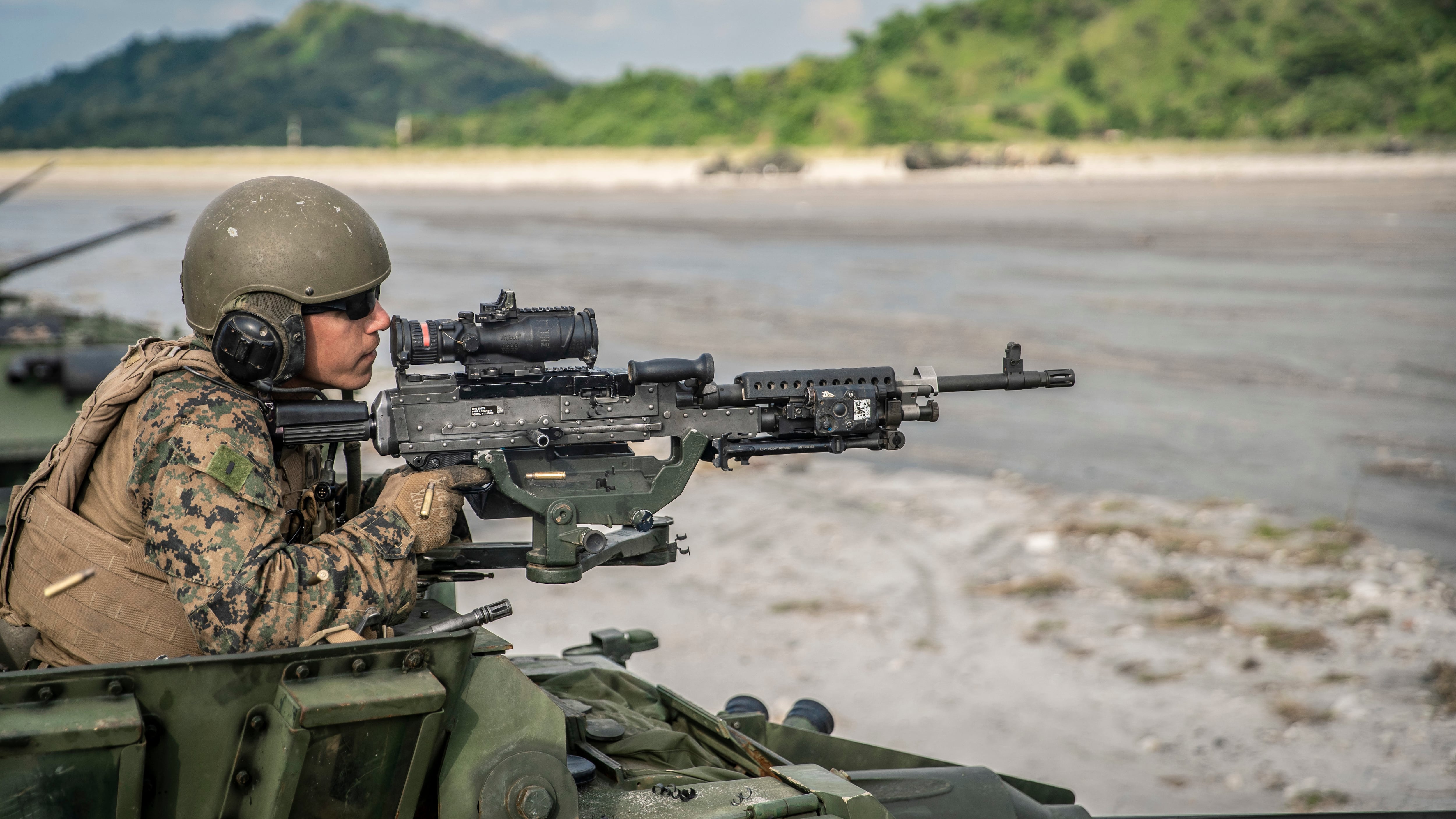Marines working in some traditional, stand-by fields such as artillery, motor transport and aviation are likely to see their jobs change dramatically in the coming years as changes spelled out by the top Marine commence.
Commandant Gen. David Berger laid out first in his 2019 planning guidance and subsequently at public speaking engagements that he and his staff are surveying the force structure of the Marine Corps and the gear that they tote along with them to combat for a major overhaul.
That new force structure will be unveiled in early 2020.
RELATED

But, the 4-star gave broad strokes of what some of that might look like.
Changes likely mean reducing or eliminating manned antiarmor ground and aviation platforms, manned, traditional towed artillery that can’t be modified to fire hypervelocity projectiles, short-range mortar systems that lack precision, lethality and range, nonlethal short range drones and excess equipment being kept in administrative storage.
And money saved from those cuts and a redesigned Marine Corps will focus on: Low cost, lethal air and ground unmanned platforms, unmanned long range surface and subsurface vehicles, mobile, rapidly deployable rocket systems, long range precision fires, loitering munitions across the echelons, mobile air defense and counter-precision guided munitions capabilities, signature management, electronic warfare and expeditionary airfield.
All of that is to help the Marines deliver small, mobile units of Marines to help the Navy with sea control and sea denial all within range of enemy sensors and weapons.
Which means more than new gear. It means updating and adding battle skills to the Marine playbook.
If analysis from a recent division-level exercise at the Marine Corps Air Ground Combat Center at Twentynine Palms, California, is any indication, it will include signature management, basic field craft, command and control in a degraded environment, electronic warfare, information operations and self-sustainment.
Todd South has written about crime, courts, government and the military for multiple publications since 2004 and was named a 2014 Pulitzer finalist for a co-written project on witness intimidation. Todd is a Marine veteran of the Iraq War.




